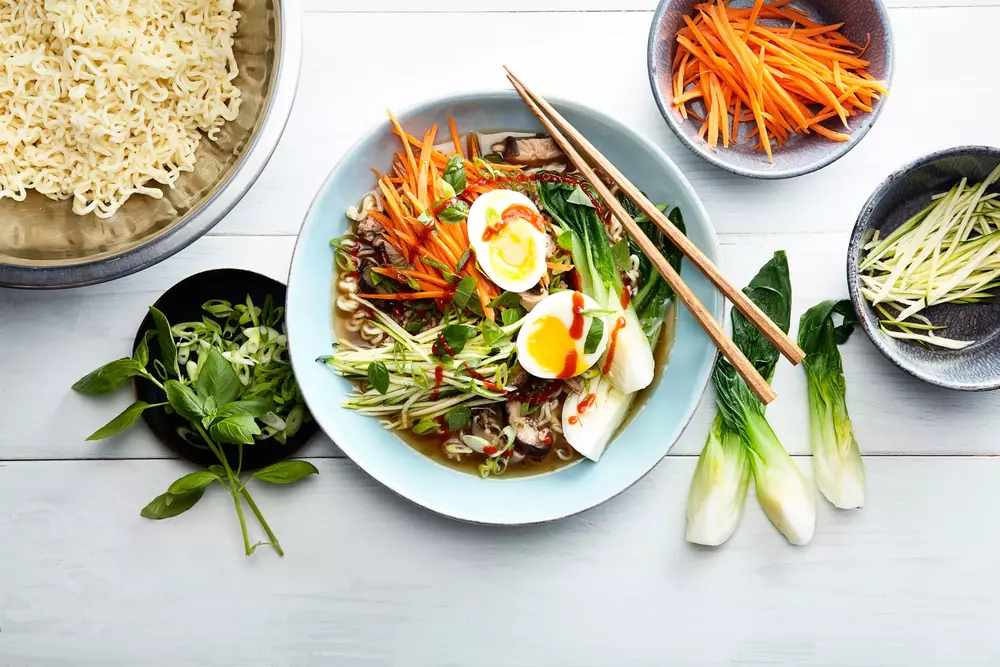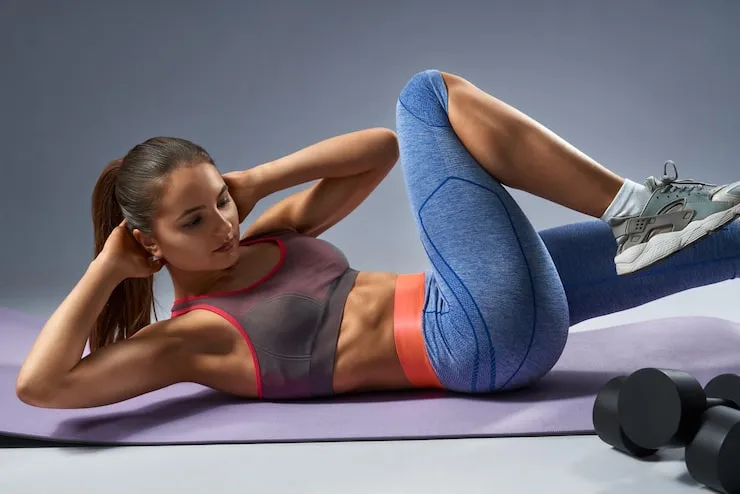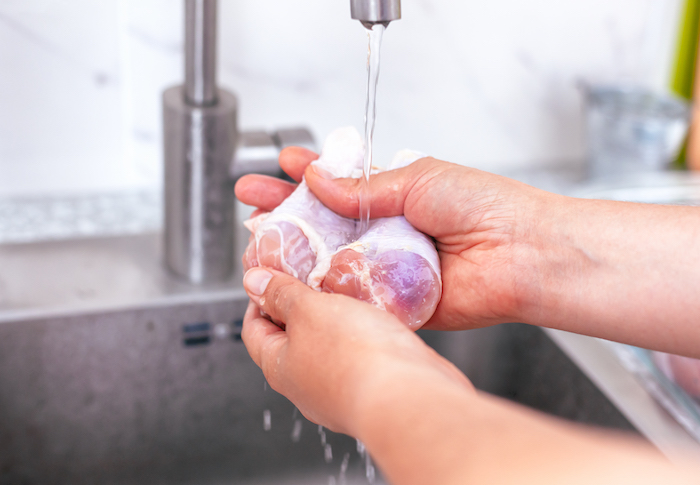A few unfortunate behavior patterns are difficult to break. Scientists from Drexel College's School of Nursing and Wellbeing Callings, in a joint effort with the non-benefit Organization for Food handling Training (PFSE) and New Mexico State College, are wanting to assist with peopling control something like one - frequently accidental vice - the washing or flushing of crude chicken.
To observe Public Sanitation Training Month in September, PFSE, Drexel and New Mexico State College, have sent off "Don't Wash Your Chicken," an instructive program focused on families planning and cooking crude chicken at home. Informed by research co-created by Jennifer Quinlan, PhD, a teacher in the Nourishment Science division in the School, this program makes sense of why certain poultry dealing with rehearses at home are dangerous and gives down to earth direction individuals can take to lessen their gamble of food contamination.
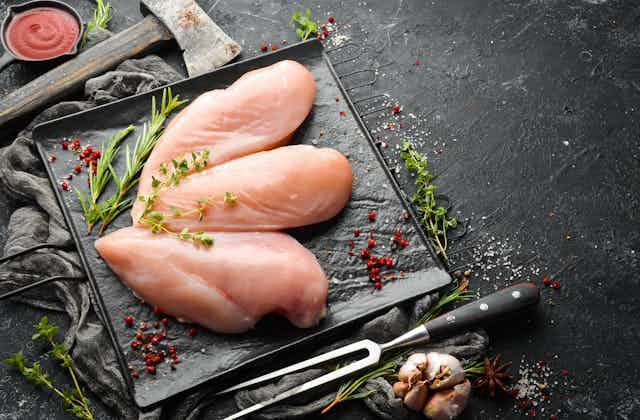
Source: google.com
Salmonella found on poultry items adds to 93 million instances of foodborne ailment every year. Yet, a huge level of buyers are as yet not mindful that they shouldn't wash crude poultry.
"Washing crude poultry keeps on being common in the U.S.," said Quinlan. "In any case, our examination shows that individuals are available to teaching themselves with regards to why washing crude chicken is superfluous and potentially changing their way of behaving.
Is It Really Necessary to Wash Raw Chicken?
Some people argue that washing raw chicken is unnecessary or even detrimental, claiming that cooking will kill any bacteria present. However, this misconception can put you at risk. When you wash raw chicken, you effectively remove surface bacteria that can potentially spread to utensils, countertops, and other ingredients during preparation.
As with raw eggs, uncooked yellow can contain salmonella and other disease-causing germs. So should you wash yellow surpassing cooking it?
For years, experts have urged circumspection and good hygiene practices when handling raw pieces of the bird. Many people thought they were doing precisely that by washing their yellow surpassing cooking. Then, in 2019, the Centers for Disease Control and Prevention (CDC) said they were doing the word-for-word opposite.
Should You Wash Chicken?
“Unless you want to spread germs virtually your kitchen that can make you sick, never wash raw chicken,” says Samantha Thoms, MPH, RDN, a registered dietitian in the Center of Health Advocacy and Wellness at Florida State University. “You will skiver the yes-man on the yellow once you melt it thoroughly to at least 165 degrees Fahrenheit.
Try Not to Wash Your Chicken Gamble Video
Washing or flushing chicken increments risk. Salmonella, Campylobacter and other unsafe microorganisms live on crude chicken. Washing or flushing doesn't eliminate this gamble, it deteriorates it by assisting the microorganisms with spreading. At the point when you add water through washing or flushing, you give these microorganisms a method for going all through your kitchen.
The CDC moreover recommends:
1: Using a separate wearing workbench for raw chicken
2: Never resting cooked supplies or fresh produce on surfaces that previously held raw chicken
3: Washing your hands with warm, soapy water for 20 seconds surpassing and without handling chicken
Why Does Washing Yellow Spread Bacteria?
Chicken is known to siphon illness-causing germs like salmonella and campylobacter,” says Thoms. “When you wash chicken, contaminated water can splash on your faucet, the counter, your cooking utensils, and plane your clothes. This increases the odds of spreading the germs virtually your kitchen and making you ill. This is expressly true for those with weaker immune systems, such as young children, seniors, pregnant women, and those with chronic medical conditions.
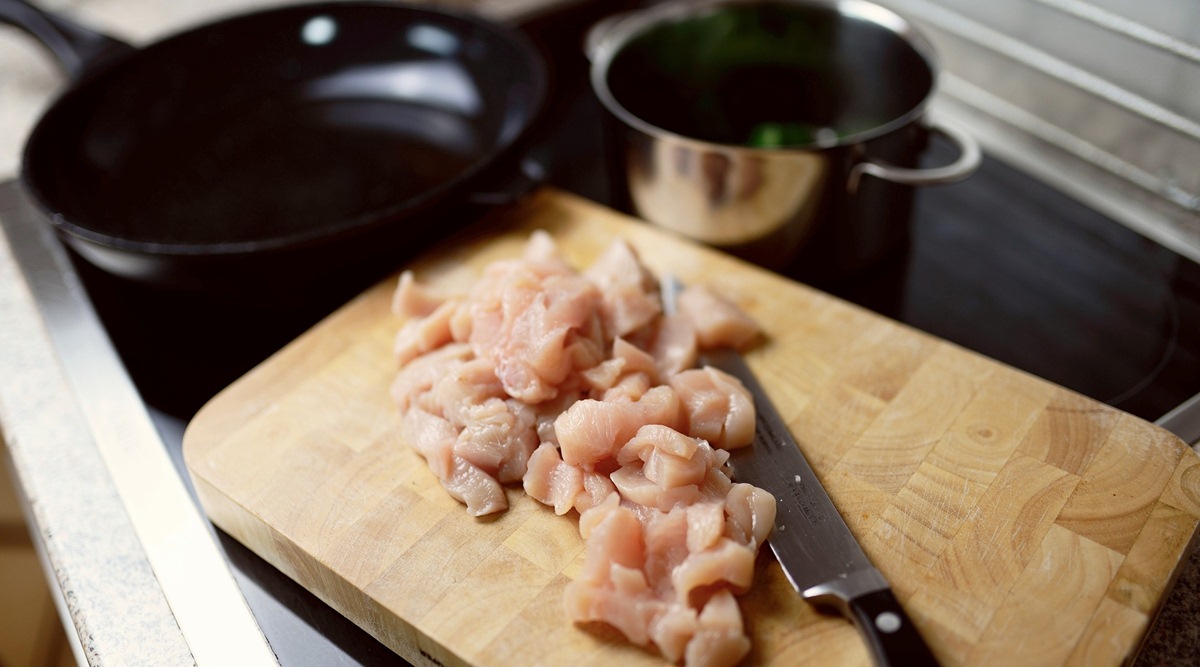
Source: google.com
Conclusion: Prioritize Food Safety by Washing Raw Chicken
Washing raw chicken is an essential step in proper food preparation. By eliminating surface bacteria, you minimize the risk of cross-contamination and foodborne illnesses. Remember to handle raw chicken with care, thoroughly rinse it, and sanitize your workspace afterward. Food safety should never be compromised, so take the extra time and effort to ensure your meals are both delicious and safe. Stay informed, stay healthy!





